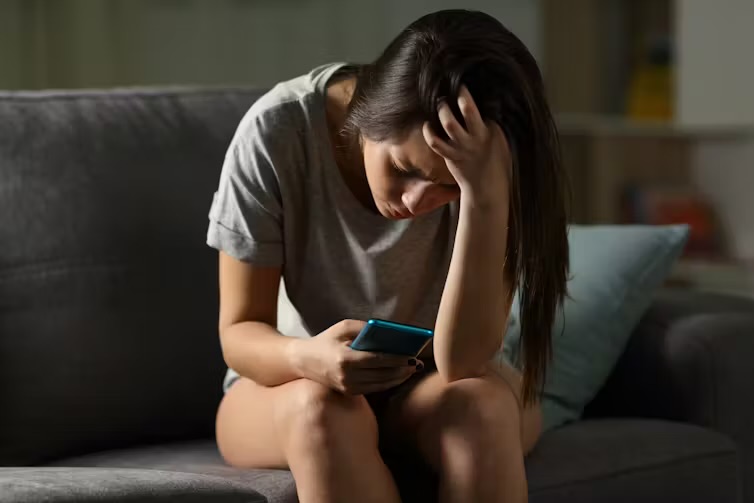How does social media affect students? Like all social media platforms, they all have upsides and downsides, especially when it comes to their effects on students. Approximately 97% of students use social media in their daily lives, the majority of whom have been negatively impacted.
There are many possible ways social media can negatively affect students; one big one being comparison. Many teens who are on social media see people or celebrities with unrealistic beauty standards and think they have to look or be like that person in order to be considered pretty or cool, according to newportacademy.com. It explains how “teens tend to focus on qualities such as perceived attractiveness and popularity when they engage in social media.” Comparing yourself to other people can affect your self esteem and lower your confidence. Teens often feel they are not good enough or do not fit into the unrealistically high beauty standards. It is important to remember that everyone has their own unique and beautiful qualities and instead of comparing yourself to others you should be embracing your own beauty.
Another big way students can be negatively affected is cyber bullying. Many students face harassment online, which can lead to serious emotional and mental health issues. When someone posts hurtful comments or spreads rumors, it can make the victim feel anxious and isolated. This constant negativity can affect their self-esteem and even effect how they do in school. It is important to remember that behind the screen is a real person with valid feelings, and social media should not be used to harass people.
While social media can connect us it can often lead a variety of different issues–two big ones being unrealistic comparisons and cyber bullying. These issues are a big part of social media, and they need to be addressed.

